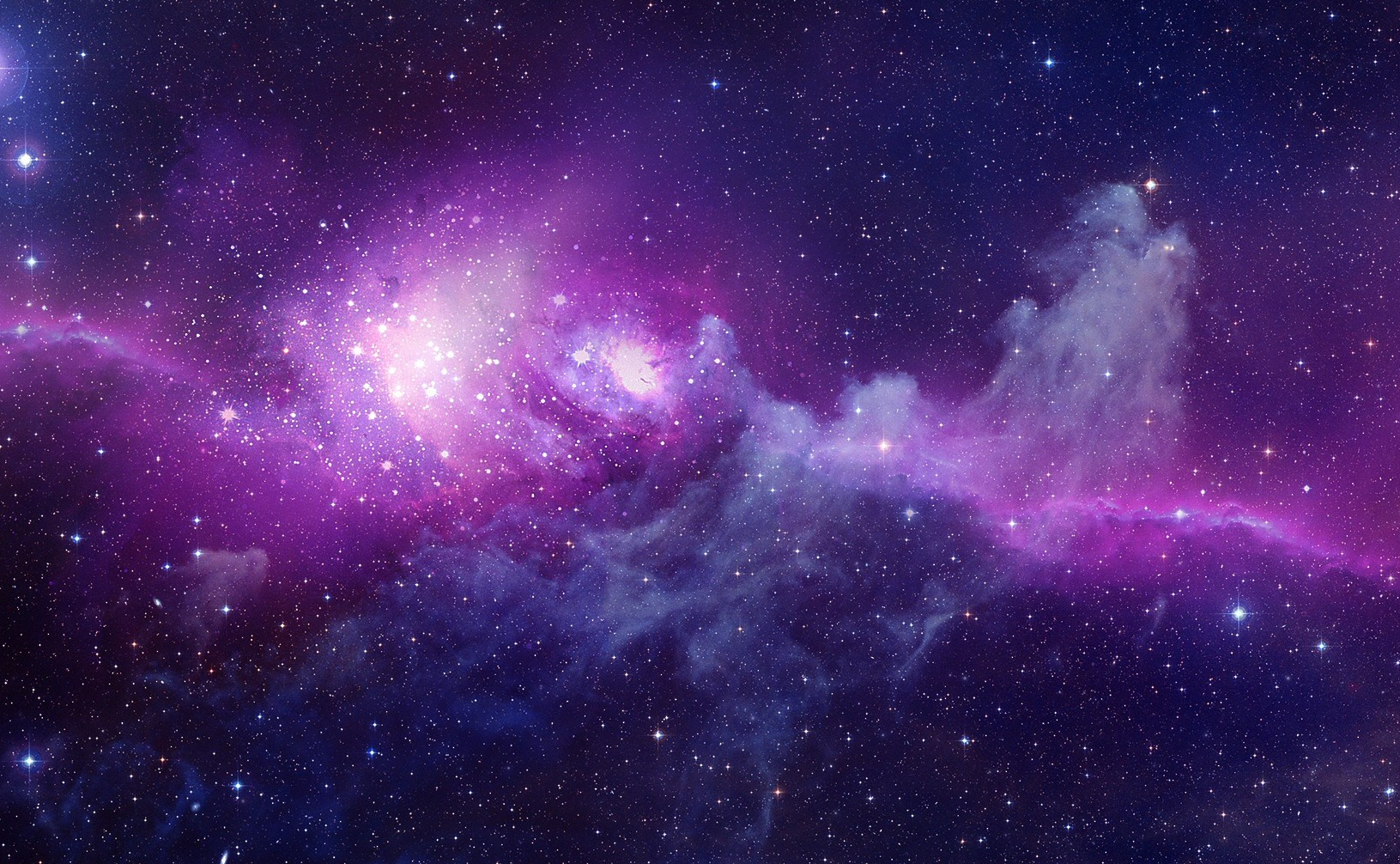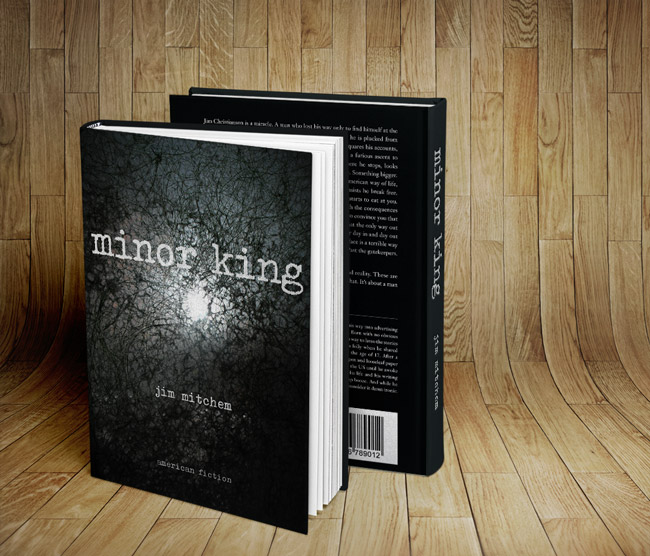
The doors in our old house are sticking. We’ve had a couple weeks of drizzly cool weather and well, that’s what happens to old houses made of wood.
“How do you fix it?” my aunt asked.
“You don’t. You can’t change the weather,” I said. “You just deal with sticky doors until it gets dry again.”
“Well that’s ridiculous,” she said.
You see, we are a culture that believes there’s a solution to every problem. Because most of the problems we deal with are created by us, and indeed have solutions. But the rain?
“You’re right,” I said. “I guess we could just move to a new house. Something made of brick. Way out in the suburbs, even.”
She rolled her eyes. “That’s not what I mean. I mean–can’t you call someone to weatherproof it?”
“Weatherproof the whole house?” I asked. And then I thought, yeah, I probably could. Capitalism has an answer for everything, after all. But really, this problem is inevitable. You can’t change the weather. And unless we move, we can’t change the fact we have a 75-year-old house that has withstood 75 years of wind, rain, snow, broken branches, ripe pecans, and change in general.
You see, everything is in flux. We like to think of things as being static and unchangeable, but they’re not. Nothing is. Not my house. Certainly not me.
Think of something you consider permanent and forever. Something that stands the test of time. How about a driveway made of concrete? Other than it getting dirty, a driveway looks the same for years. But then there’s a crack caused by the freezing and melting of water. The crack expands a little, and a weed appears. If you don’t pull that weed, one day you’re jackhammering to lay more concrete.
What about the metal frame of a tall building? Pretty permanent, right? But think about the stress on it from weight and wind. Even gravity. No, everything is in a constant state of flux.
Some things just change faster than others.
My dog is 6. He’s athletic, curious, and is in the prime of his life. In 6 years he’ll be ancient, wanting only to lay around the house most of the day.
A few short years ago I had two daughters in elementary school. Innocent babes who believed in the tooth fairy. A few short years from now they’ll be in college.
Houses crumble. Hardware becomes antiquated. The chair I’m sitting on starts to break apart. No, permanence to us only goes as far as our lives can reach. That’s why we have a hard time investing in education–the future doesn’t directly affect us. Best to just keep our tax money in our pockets.
“Well you’ve got to do something,” my aunt said. “You can’t just watch your house fall apart.”
“It’s just sticky doors,” I said, intentionally avoiding the long list of things around the house in need of actual repair. “It’ll be fine. Besides, everything’s constantly changing.”
“Maybe to you, it is.” she responded. I didn’t quite understand what she was trying to say with this, so I wrote it off as the best knee-jerk comeback she could muster.
We like our stuff permanent. We want to see into the future to control as much as possible. We think from the perspective of our living room couch, blissfully ignorant to our place in the universe—an insignificant blue rock hurling through space around an average star in an eternal sea of stars.
“Let me ask you something, Alice, do you believe in God?”
She shot me a look that said, “I go to church at least two times a week, what do you think?”
God is another one of those concepts that we like to keep little and controllable. And for good reason. God is too big for our tiny brains to comprehend. Which is what makes it so ironic when the idea of God is simplified down to core concepts like, “love,” and “truth,” and “kindness,” and we STILL don’t get it.
“Right,” I said. “Of course you do. But why?” I asked.
Then she looked at me like I’d just asked her if the cloudless sky was blue. “For everlasting life,” she said. Duh.
But of course that’s why. Everlasting life is the perfect solution to the idea of permanent sleep.
Everything you know is in constant flux. You can hear it in every raindrop and in each beat of your child’s heart as oxygen enters the blood and rushes around helping cells to split. We live on a planet where our dead have mingled in the earth for thousands of years, mixing with stardust and giving life back to the surface in a sustainable cycle that we simply can’t comprehend. So we build tombs instead.
Doors get stuck. Houses crumble. Eventually, we all become stardust.
***
